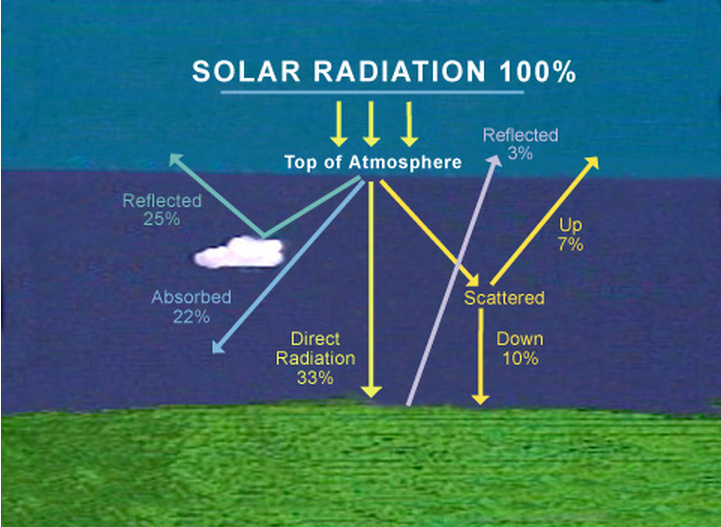At the Boston Review website, environmental historian Troy Vettese reviews two books that look at our climate predicament through a techno-scientific lens: Burning Up by Simon Pirani offers a detailed history of fossil fuels, while After Geoengineering by Holly Jean Buck argues for various large-scale scientific interventions to mitigate global warming. As Vettese observes, these books provide a useful undersanding of the industrial and technical challenges to battling climate change that the mainstream environmental movement often lacks. But they also exhibit an excessive trust in climate entrepreneurs, who see global warming as just another market opportunity. Read an excerpt from the review below.
Environmental history lacks an overarching, consensus narrative for the last two centuries, and the environmental movement still does not have a plan for what to do when things get rough. Two recent books—Simon Pirani’s Burning Up and Holly Jean Buck’s After Geoengineering—hint, though, that the movement is at last starting to offer strategic thinking commensurate with the crisis at hand. They reveal how the environmental movement must thoroughly understand neoliberalism to avoid underestimating it as an adversary—or, worse, falling for its charms.
As a researcher at the Oxford Institute for Energy Studies, Pirani might sound like yet another energy analyst, but what sets him apart is his approach, for there aren’t many dyed-in-the-wool Marxists in this line of work. A former member of the Trotskyist Workers Revolutionary Party, Pirani has traded on his close acquaintance with Russia to have a second career studying its methane industry. He has also worked as a journalist and penned books on the Russian revolution and contemporary politics during the Putin era. Burning Up represents the convergence of his parallel professions: it is a history of fossil fuels couched in a Marxist armature. To explain his aim for the book, he quotes the economic historian Adam Tooze, who in 2016 called for “a history that shows how consumption and production became tied together in an expanding feedback loop of ever greater economic and material scope.” Pirani hopes “this book is a step on that path,” but he is too modest. He has written an ambitious history of fossil fuels.
Image: A diagram illustrating solar radiation management (SRM), a contraversial geoengineering technique. Via National Resources Defense Council.
